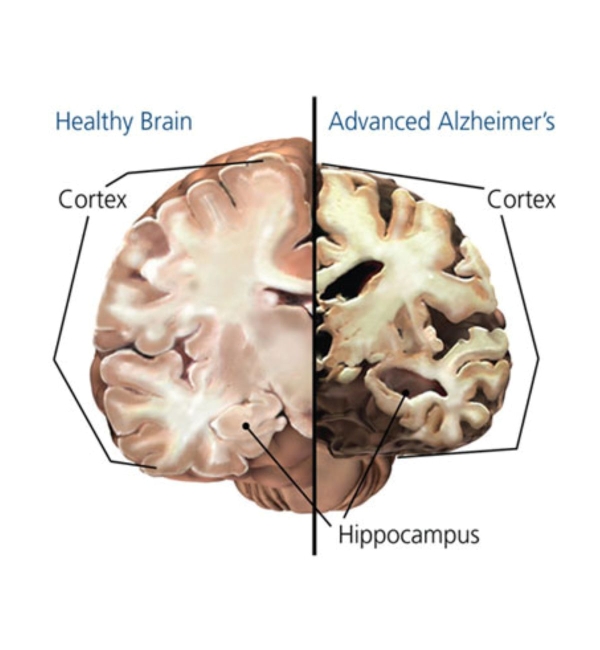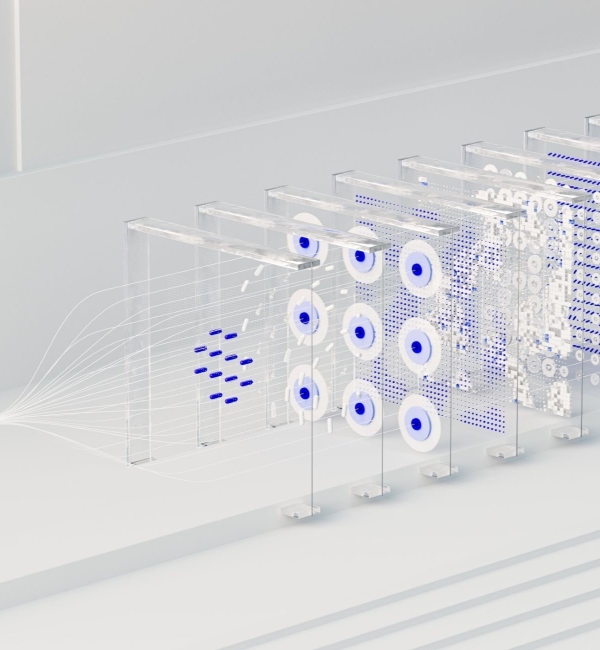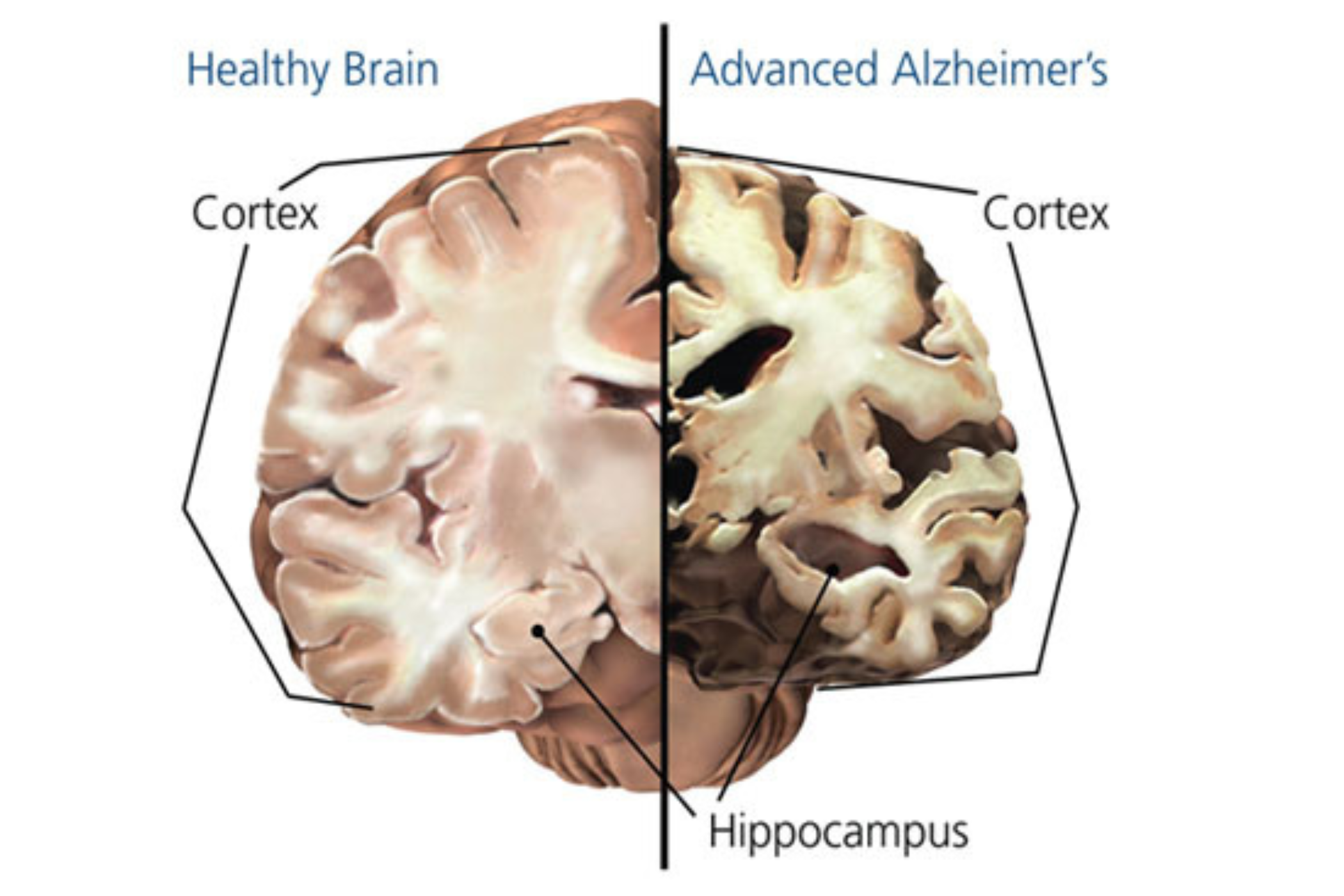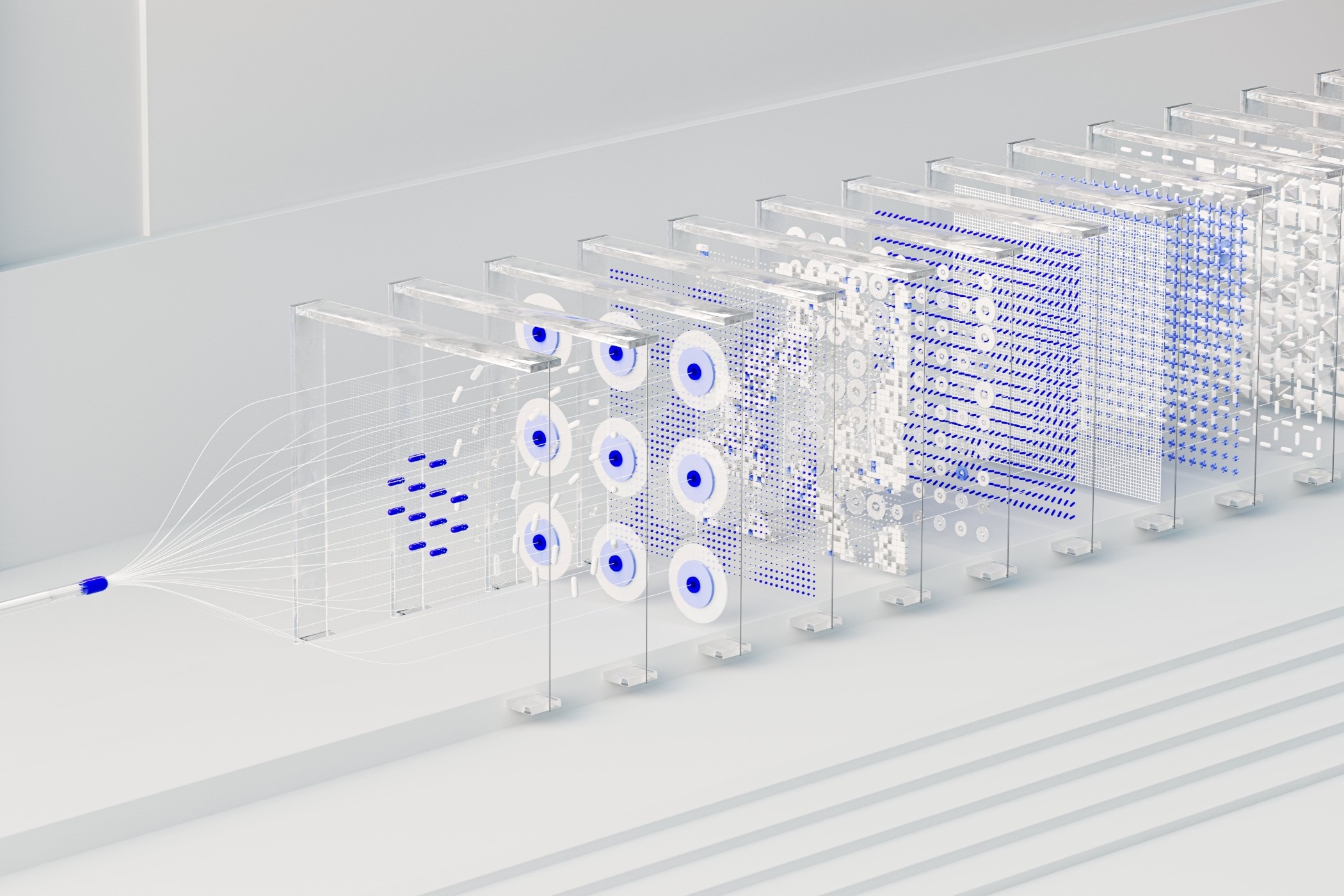About Me
Having graduated from Northeastern University with my Masters in Data Science, I particularly enjoy working with
data and trying to understand how I could solve problems in all spheres using Machine Learning and Data Science.
Innovative by nature, I am extremely passionate about what I do. I have worked on state-of-the-art
Computer Vision Models (EfficientNet, InceptionV3, and ResNet for Cancer Detection and Classification).
I am currently working at Massachusetts General Hospital as a Data Analyst where I work on studies focused on the mental health of peripartum and
postpartum women, bonding between the mother and baby, and the subsquent effect on the baby's development. I have also published a paper establishing
the validity of a self-reporting questionnaire for Childbirth-related Posttraumatic Stress Disorder among others.
When not working, I can be seen curled up with a book (I'm getting into classics now). I also enjoy cooking, and trying out new cuisines
(I'm on a roll trying to cook more East Asian cuisines).
I enjoy learning and beyond my expanding my knowledge within the sphere of my interest in bioinformatics,
I am currently learning a new language, German with Japanese next on my list.
Presently, I'm on the lookout for my next opportunity.
Contact Details
Isha Arora
Boston, MA US
arora.isha4128@gmail.com















